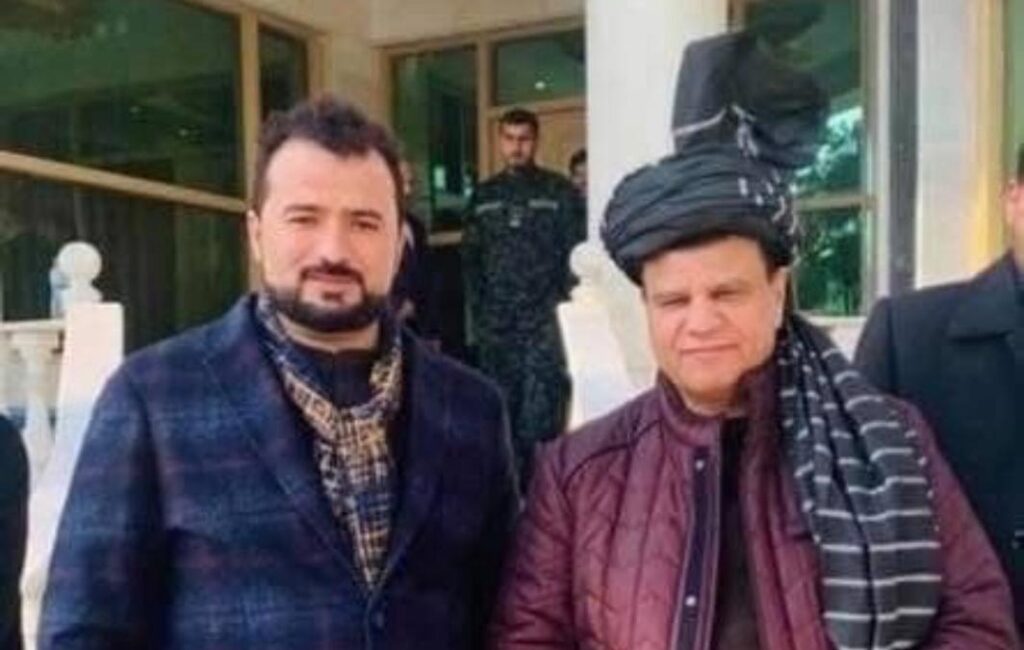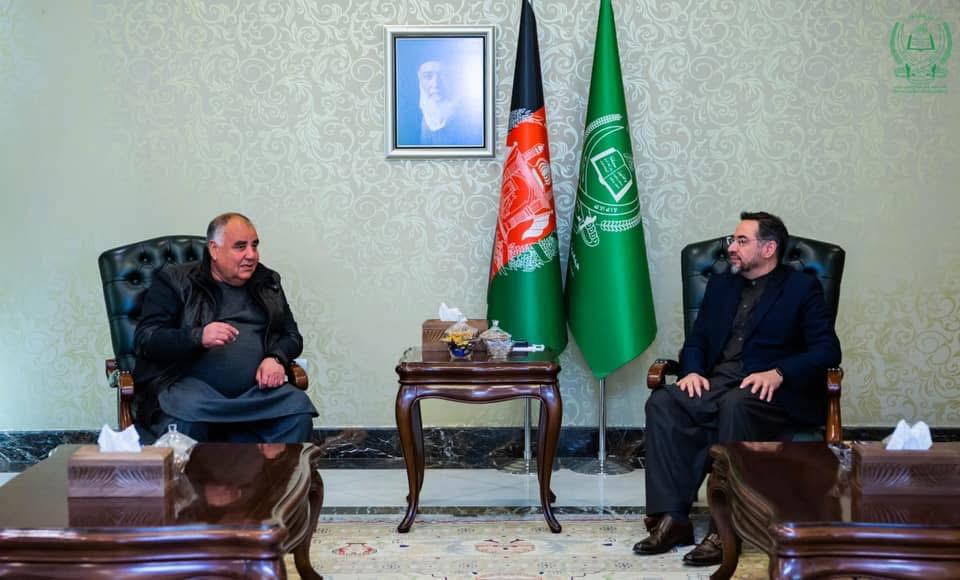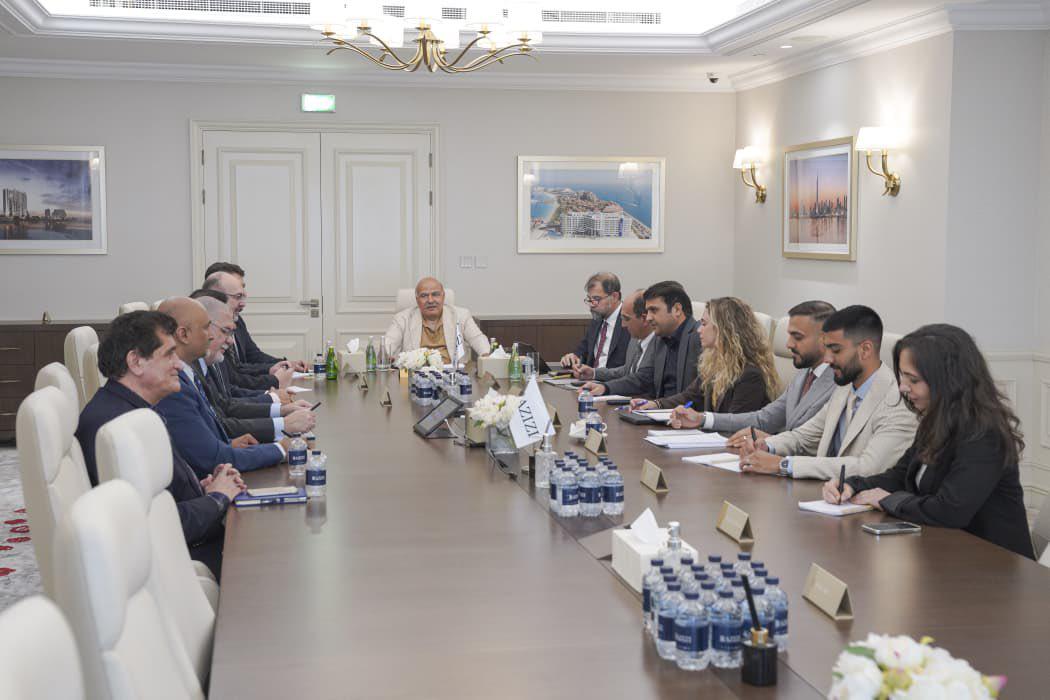
Mir Rahman Rahmani, the last Speaker of the Afghan House of Representatives (Wolesi Jirga), who after the fall of Kabul to the Taliban on August 15, 2021, had become one of the prominent anti-Taliban figures in the meetings of the Supreme Council of National Resistance, has resigned from this council.
Khwaja Mahboob Sediki, political advisor to the leader of Jamiat-e-Islami (Ata Mohammad Noor’s faction), confirmed in a conversation with Nusrat Parsa that Rahmani, after facing problems with the United States, has refrained from continuing his activities in the National Resistance Council. According to him, Rahmani was actively participating in its leadership meetings at the time of the council’s establishment.
In December 2023, Mir Rahman Rahmani and his son Ajmal Rahmani were placed on the U.S. Treasury Department’s sanctions list for what was described as “corruption in U.S. fuel supply contracts.” However, the Rahmani family called this decision “unjust” and have filed a lawsuit against it. Journalists’ efforts to obtain direct comments from Rahmani and his son Ajmal Rahmani about their withdrawal from anti-Taliban politics were unsuccessful.

Rahmani’s close associates had earlier stated that he and his family have a strong history of fighting against the Taliban. Among them, General Baba Jan, Rahmani’s brother, played a prominent role in the battles against the Taliban during the Republic era and the years before it, and is said to still be active against the Taliban today.

Khalid Noor, son of Ata Mohammad Noor, also confirmed in a conversation with Nusrat Parsa that Rahmani has not had any significant political activity for quite some time.
Mir Rahman Rahmani is known in political and media circles as one of the wealthiest Tajik-origin anti-Taliban figures. In this regard, Khwaja Mahboob Sediki was asked how the absence of wealthy individuals in the anti-Taliban opposition could affect the fate of this movement. He replied: “At present, our priority is political dialogue, and if that fails, war will be the last option.”
When asked whether in the event of war, the presence of wealthy figures such as Rahmani alongside the resistance forces would be essential, he said: “In war, the real decision-makers are the people, and a hunting rifle is more valuable than external and foreign assistance.”
Still, the main questions remain:
Will the Rahmanis soon be removed from the U.S. sanctions list?
What is the connection between the sanctions and Rahmani’s withdrawal from political activity?
And if the sanctions are lifted, will he rejoin the anti-Taliban front?
Meanwhile, Rahmani’s son-in-law, Haji Nazir Noori, is currently the head of the Taliban Chamber of Commerce in Parwan province — Rahmani’s birthplace and main residence. The Arg Times has reported that Noori has attended Taliban meetings.
The question remains unanswered as to whether there are financial or business relations between Mir Rahman Rahmani and his son-in-law, Haji Nazir Noori. Attempts to obtain clarification from Rahmani and to contact Noori have so far yielded no results.



